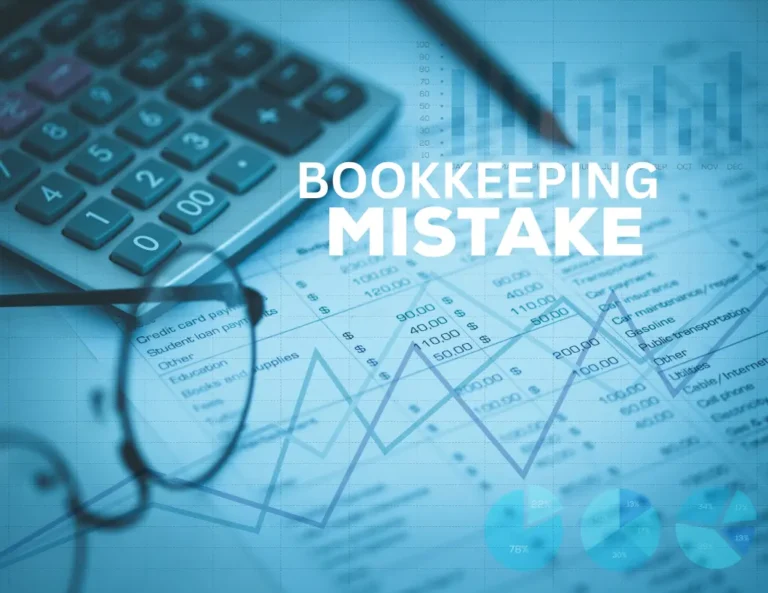Types of Bookkeeping
Overview:
Bookkeeping doesn’t have to be scary, it’s just how you keep track of your business money. This guide breaks it all down so anyone can finally understand the difference between cash vs accrual, single-entry vs double-entry, and whether you should be doing it yourself, using software, or letting a pro take over. This information is everything you need to figure out what works best for your kind of business, right now and when you grow.
Introduction
Most guides that talk about the types of bookkeeping you find on the internet just throw definitions that don’t help you decide what to do, right? Business owners like you don’t need to memorize terms, but they need clarity and want to know what’s optimal for their business’s growth.
You’re here because you want to know which bookkeeping method fits your business and helps it grow, instead of just leaving you behind without any insights on what’s happening with your money. So, let’s get started with the knowledge to help you make smart decisions that keep your business on track.
Hire A Professional Accountant From FINITAC
FINITAC offers highly professional and certified accountants with a modular services model. Let us know your requirements, and you’ll be connected with the right team.
What Is Bookkeeping and Why Your Business Needs It
In simpler words, bookkeeping is the process of recording all the financial transactions that happen within your business. That includes tracking your income, expenses, vendor payments, payroll, sales, inventory, and even the taxes you’re bound to pay.
Here’s why your business needs a reliable bookkeeping service: Bookkeeping is the only way to know whether your business is profitable, where your cash is going, and how financially healthy you are.
If you’re running your business without tracking every transaction, you’re just guessing. And guesses in business lead to missed opportunities and bad decisions.
Lastly, bookkeeping also helps you maintain everything when tax season comes, if you’re lacking information you’d be imposed penalties and you won’t be able to score funding opportunities as well.
People Also Ask
Choosing the Right Bookkeeping Setup: Systems, Methods, and Execution Models Explained
Anyone who searches for “types of bookkeeping” on the internet doesn’t exactly want to know the number of bookkeeping types, but wants to find out what’s the best way to track their business finances. We’ve tried to simplify everything you need to know below:
Bookkeeping Systems: Single-Entry vs. Double-Entry
There are two ways business records their transactions mentioned below:
Single-Entry Bookkeeping
You record each transaction once as income or an expense. It’s the simpler version of recording every single transaction. Single-entry bookkeeping is exceptional for small businesses and contractors as it works as a personal budgeting tool, but as any business grows. It gets hard to track assets or liabilities with single-entry bookkeeping. The chances of human errors also increase as you’re not writing down what has been debited and what has been credited already.
Double-Entry Bookkeeping
Each transaction is recorded twice as a debit and a credit, so your books always balance. This is the optimal way to record any business’s transactions. It’s the most convenient way to record transactions for startups, e-commerce brands, real estate agents, restaurants, and more. Double-entry bookkeeping allows all the transactions to be cross-checked as they get noticed twice, making them more accurate, scalable, and audit-ready.

Accounting Methods: Cash, Accrual, or Hybrid
| Method | When It’s Recorded | Best For | Watch Out For |
| Cash-Based | When money is received or paid | Simplicity, small service businesses | Doesn’t reflect pending invoices or upcoming bills |
| Accrual-Based | When income is earned or expenses incurred | Forecasting, inventory-heavy businesses | More complex, often required by lenders/investors |
| Hybrid | Revenue on accrual, expenses on cash | Custom setups with accountant guidance | Easy to mismanage without proper oversight |
Execution Models: How You Actually Do It
| Method | Description | Best For | Watch Out For |
| Manual Bookkeeping | Spreadsheets, notebooks, DIY approach | Very small businesses with low volume | High risk of errors, time-consuming to scale |
| Computerized Bookkeeping | Software like QuickBooks, Xero, Wave for automation | Most modern businesses need accuracy | Requires setup, but saves hours weekly |
| Outsourced Bookkeeping | Professionals handle everything for you remotely | Busy founders, startups, and growing companies | You need a trustworthy, experienced partner |
Everything You Need to Know About In-House vs Outsourced Bookkeeping
In-house bookkeeping means you or your staff manage the books internally. That’s fine if you have a dedicated finance team and enough time to stay on top of it. But for most small businesses, it’s a lot of work and often leads to inaccurate records that aren’t ideal for your business.
Outsourced bookkeeping means a professional bookkeeping service handles everything for you. These methods lead to the most accurate and ideal results, but only if you partner with a bookkeeping service provider that knows what they’re doing.
It’s especially useful for industries like e-commerce, real estate, restaurants, and law firms, where transaction volume is high and accuracy really matters.
People Also Search For
Frequently Asked Questions
Which Bookkeeping Method Is Right for You?
If you’re a freelancer or a very small business with low volume, you might be fine with single-entry bookkeeping for now that you can manage your own or hire someone to do it for you. As long as it doesn’t affect your business process, you can do it on your own, but as you grow, the data is going to bring you results. Therefore, you may need to outsource bookkeeping as you expand later on.
But if you’re selling products, carrying inventory, working with clients on retainers, or planning to grow, double-entry and accrual-based bookkeeping will serve you much better. These systems show you what’s really going on in your business and prepare you for tax time, audits, or scaling up.
If bookkeeping is taking too much of your time, or you’re making guesses instead of decisions, it’s time to consider outsourcing it to a pro.






